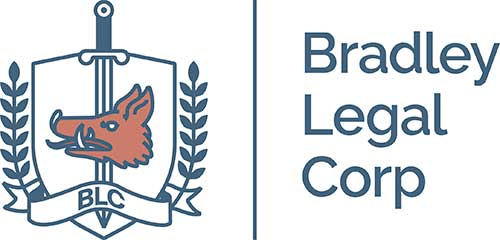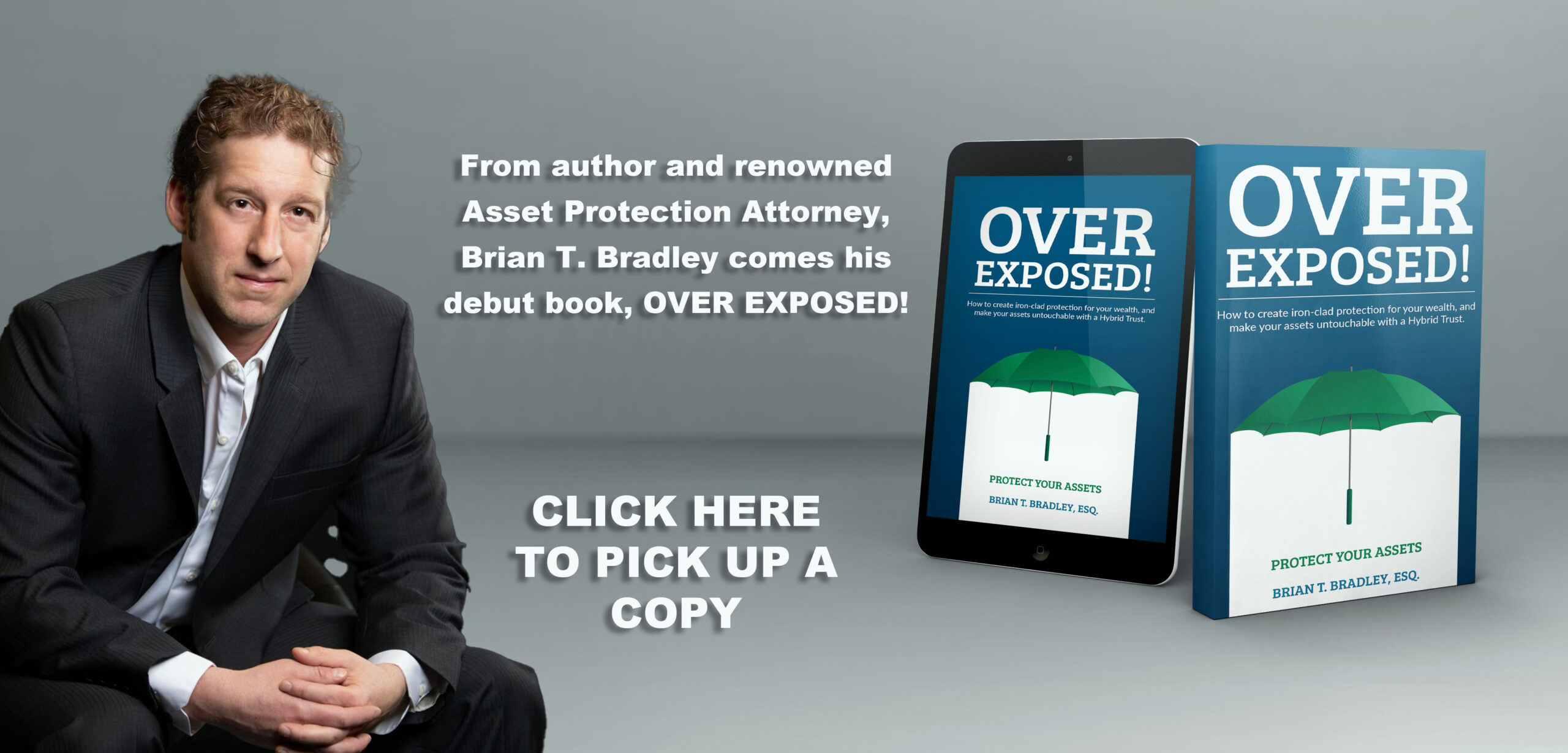Nobody gets married planning to get in a divorce. But the very sad thing is that divorce happen, and they now happen more then 50% of the time. Now, the typical asset protection situation is where individuals or married couples look to protect their assets from other third parties, like creditors and lawsuits. But I do receive the phone call of one spouse looking to protect or keep assets from the other spouse.
Separate Assets vs Community Assets
The short answer is that it depends on the character of the assets. If the asset protection has been completed before the marriage and properly maintained and not commingled, then yes asset protection can be an effective method to ensure that those assets are not included in any settlement to your future ex-spouse.
However, the phone call generally comes after a long marriage, and the spouse asking how to keep community assets, or assets acquired during the marriage, rom the other spouse? If the planning is being considered AFTER the fact, then we have to look to the rights of ownership and State laws regarding how the assets and property can be divided. If the assets are characterized as separate, then it is possible to create an asset protection plan after the marriage.
If the planning is being considered at the same time, or close to the same time, as the divorce, then the general rule is that the planning is too late. This is because of the laws of community assets. Various legal presumptions exist holding that all assets acquired during the marriage are “presumed” to be community assets, and that it is the burden of the party challenging that presumption to prove it otherwise.
It is very important to keep in mind that the actions on the part of one spouse to hide assets or avoid an equitable division of property are generally not only ineffective but can bring down the wrath of the Court and its considerable powers against you.
Here is a very good example from one of my most senior affiliates Douglas Lodmell. “Mr. Green has $9 Million in assets. He is a successful businessman and has his hand in many diverse businesses and investments. He has many creditors related to those ventures, but is current with all of them and has no one in particular threatening his assets.
He has called me to set up an Asset Protection Plan. During the consultation I discover he is married for 15 years, and has 3 kids and started out with basically nothing. His wife worked and they live in New York. All of the assets are in his personal name, except for their family home, worth $1.3 Million and an IRA set-up for his wife with $1 MM in it.”
The question is: “Can I continue with setting up an Asset Protection plan for him?”
The answer is that it appears very hard to imagine that at lest some portion of those assets would NOT be awarded to Mrs. Green in a divorce. I would not recommend setting up a plan for just Mr. Green with all of the assets in his name. But, it would be acceptable for him to do Asset Protection Planning, but he needs to do one of the following:
- 1. Plan individually, but only with separate assets as set forth in a clear agreement with the spouse as to the character of the property, potentially in the form of a post-nuptial agreement reviewed by both independent counsel,
- 2. Plan, with the spouse as part of the plan and clarify within the plan the character of the contributed property,
- 3. Plan individually, but specifically exempt the protection of the plan from any divorce proceeding and not attempt to use the plan in a divorce.”
Converting Community Assets to Separate Assets
It is not advisable to allow Mr. Green to attempt to convert community assets to separate assets and protect them. The fraudulent conveyance laws are not always a bright line. Every situation needs to be analyzed in detail and considered on its own facts. But, I find that more often then a client can be helped and move forward on some type of planning. The idea is to protect the assets from third party creditor attacks and lawsuits, but not hide community property assets from the other spouse.
By: Brian T. Bradley, Esq.
HNW – Asset Protection Attorney as featured on Simple Passive Cash Flow Podcast by Lane Kawaoka https://www.youtube.com/watch?v=-omB8-jY_7k


Recent Comments